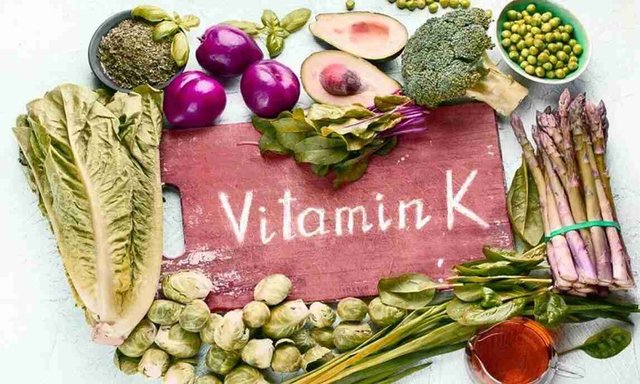Vitamin K: The Essential Nutrient and the Foods That Provide It

Vitamin K: The Essential Nutrient and the Foods That Provide It
Vitamin K is a fat-soluble vitamin that plays a crucial role in blood clotting, bone health, and heart health. It’s a vital nutrient that our bodies need for proper function, but it’s not always at the forefront of our dietary discussions. Let’s dive into what Vitamin K does and the best foods to include in your diet to ensure you’re getting enough of it.
Why is Vitamin K Important?
1. Blood Clotting: One of the most well-known functions of Vitamin K is its role in blood clotting. It helps in the production of proteins necessary for coagulation, preventing excessive bleeding when you get a cut or injury.
2. Bone Health: Vitamin K supports bone health by aiding the process of calcium binding to bones, which helps in maintaining bone density and preventing fractures.
3. Heart Health: It also helps in preventing the calcification of arteries and other soft tissues, reducing the risk of cardiovascular diseases.
Types of Vitamin K
• Vitamin K1 (Phylloquinone): This form is primarily found in plant-based foods.
• Vitamin K2 (Menaquinone): Found in animal-based and fermented foods, it also plays a role in heart health and bone metabolism.
Top Foods Rich in Vitamin K
1. Leafy Green Vegetables:
• Kale
• Spinach
• Swiss Chard
• Collard Greens
• Broccoli
These are some of the highest sources of Vitamin K1. Just one serving of kale or spinach can provide more than 100% of the recommended daily intake (RDI).
2. Herbs:
• Parsley
• Basil
• Cilantro
Fresh herbs like parsley are surprisingly rich in Vitamin K.
3. Fermented Foods:
• Natto (a Japanese fermented soy dish) is one of the richest sources of Vitamin K2.
• Sauerkraut and other fermented vegetables can also provide smaller amounts of Vitamin K2.
4. Animal Products:
• Egg yolks
• Liver (especially from beef and chicken)
• Certain cheeses like Gouda and Brie are rich in Vitamin K2.
5. Cruciferous Vegetables:
• Cabbage
• Brussels Sprouts
• Cauliflower
These not only provide Vitamin K1 but are also packed with other essential nutrients.
Recommended Daily Intake
The recommended daily intake for Vitamin K varies by age and gender:
• For adult men: 120 mcg/day
• For adult women: 90 mcg/day
By incorporating leafy greens, herbs, and some fermented or animal-based foods into your meals, you can easily meet your daily requirements.
Conclusion
Vitamin K might not get the same attention as other vitamins, but it’s incredibly important for your overall health. Whether you prefer plant-based foods or enjoy fermented and animal products, there are plenty of options to ensure you’re getting enough Vitamin K in your diet. Make sure to include a variety of these foods to support your bone health, heart health, and overall well-being!